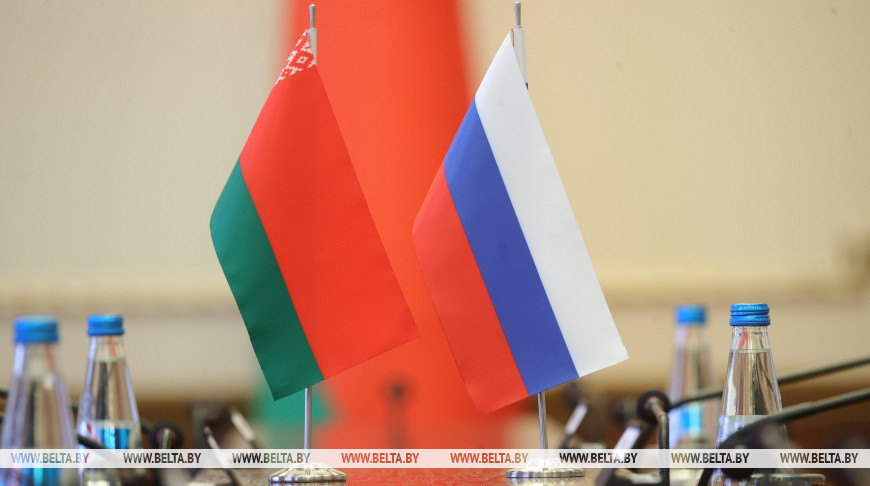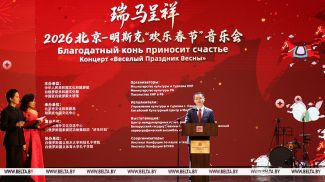
MOSTY, 14 August (BelTA) - The primary purpose of the Congress of Small Towns of Belarus’ Grodno Oblast and Russia’s Nizhny Novgorod Oblast is to enhance the architecture of relations within the Union State, Valentin Semenyako, Chairman of the Standing Commission on State Building, Local Government, and Regulations of the House of Representatives of the National Assembly of Belarus, told the media on 14 August, BelTA has learned.
According to Valentin Semenyako, the Grodno Oblast Alliance for Sustainable Development 5+ was established in 2021: “In 2021 five districts of Grodno Oblast, namely Slonim District, Volkovysk District, Zelva District, Svisloch District, and Shchuchin District, signed an agreement committing to mutual support in building development potential for their territories. That same year, we met with the representative office of Nizhny Novgorod Oblast in Belarus and its head Andrei Dudkin. This is how the idea of holding a congress of small towns emerged.”
In his words, the first multi-format Congress of Small Towns took place in 2022. “The concept of this forum, dedicated specifically to the challenges of small districts, towns, and regions, stems from the alliance's work. This association enables us, first, to host such an event across all districts and, second, to focus on four key areas we identified at the very beginning: local governance and self-government, agriculture, business development, and cultural-tourism and youth initiatives. We have been working within these four thematic platforms for four years,” Valentin Semenyako emphasized. “The main goal of this congress is to complement the already established architecture of bilateral relations.”
Valentin Semenyako added that the regions face several mutually relevant challenges, including demographics, youth engagement, retention of young professionals, and preservation of historical memory. In his words, yesterday he moderated a session on inter-parliamentary cooperation and local governance held in Zelva District.
“The greatest interest among our guests was sparked by Belarus' approach to preserving historical memory,” he said. “We are exploring economic mechanisms for collaboration. Zelva District authorities organized the session to demonstrate how local governments foster investment growth, showcasing active investment sites, including those involving Russian businesses, and potential opportunities for Russian investment in the district.”













